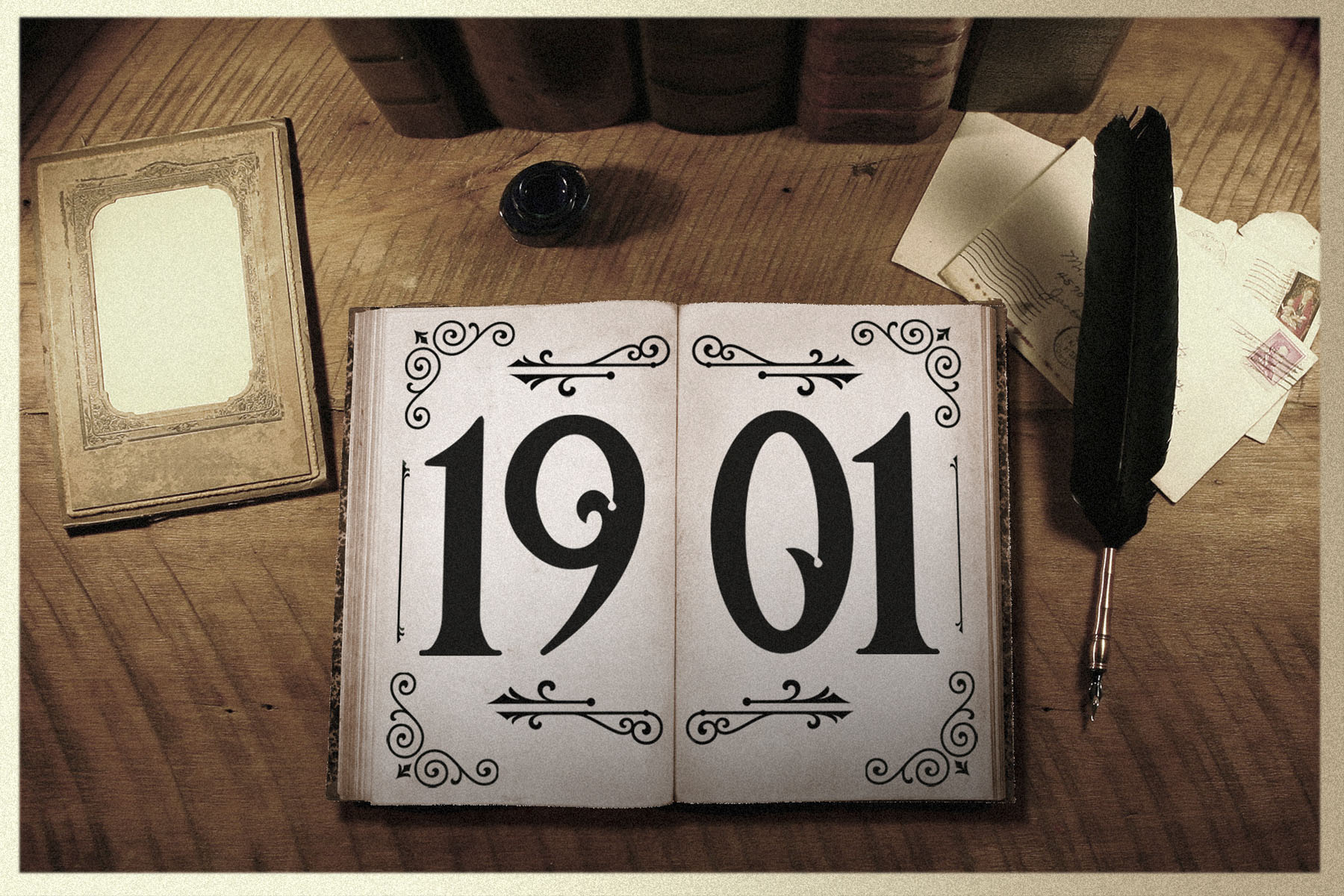20 novels that shaped the Victorian era

There are few periods in history that have had such a transformative effect on the development of fiction as the Victorian era, which spans the reign of Queen Victoria between 1837 and 1901. Writers sought to encapsulate something of the spirit of the age and its people in condition-of-England novels, working at a time of enormous industrial and social change. And instead of originally appearing as whole books, novels were often written and first read in serialised instalments in popular magazines, so the reading experience was very different from the modern phenomenon of picking up a paperback in the bookshop.
Not all Victorian novelists sought to paint the whole of British society. Some novelists chose a narrower focus, examining a particular emerging scientific or ethical dilemma, or breaking new ground in humour and satire. To pick up a book and venture into the world of the 19th-century writer is to explore a rapidly changing society structured around vast inequality, as well as thrilling scientific progress towards an alluring – and at times terrifying – possible future.
With so much going on, it’s no wonder that the Victorian era has also proved to be a popular period for modern novelists to set their books, too. Some of the best contemporary fiction has thrown open to doors to the Victorian age to tell gripping stories that also illuminate how we live today.
Here are 20 of the best novels written during, or about, the Victorian era. Be warned: there are plot spoilers below.
Sybil by Benjamin Disraeli (1845)
This book by a future Prime Minister, Benjamin Disraeli, is a portrait of the terrible conditions endured by the working classes, written to provoke outrage and sympathy. A strongly political condition-of-England novel, it’s not the most nuanced or elegantly written Victorian literature, but it shows a turning point in the purpose of the novel at the beginning of the Victorian period, as well as an insight into class politics and the intellectual priorities of an MP with a bright future.
Trilby by George du Maurier (1894)
The grandfather of the now more famous Daphne du Maurier, George Du Maurier experienced runaway success in his lifetime. Trilby was a book which reached phenomenal levels of popularity, becoming an instant must-read following its publication in 1895. Following the lives of a group of Bohemians in 1850s Paris, it’s the story of how a young woman is mesmerised and controlled into becoming a stage sensation by a mysterious, hypnotic figure called Svengali (whose name has since become a byword for any malevolent puppet-master). Trilby partly inspired The Phantom of the Opera, and gave the trilby hat its name.
The Crimson Petal and the White by Michel Faber (2002)
Michel Faber’s 2002 novel is able to take a more explicit look at the seamy underbelly of Victorian life than 19th-century writers could. And at 850 pages, it goes deep, following the entwined fortunes of a prostitute and a perfumier. Faber doesn’t leave the darker elements of his story to suggestion and hinting, as Victorian writers often did, but lays them out on the page with a modern writer’s willingness to appal, and a sharp eye for the cityscape of Victorian London at every social level.
Fingersmith by Sarah Waters (2002)
Sarah Waters’s erotic and feminist novel of Victorian Britain was published in the same year as The Crimson Petal and the White, and is particularly interested in the roles, experiences and romantic lives of women, and their often manipulative relationships with men. It’s a story set among an underclass of petty thieves, and concerns plans for a dramatic inheritance heist. A historical novel with the heart of a thriller, it re-imagines a Victorian world with a 21st century reader’s appetite for excitement.